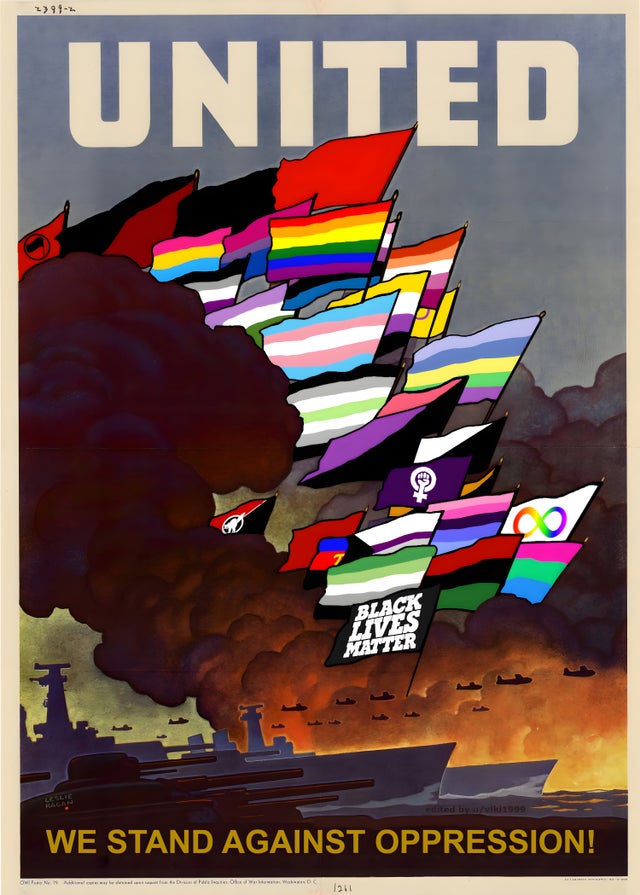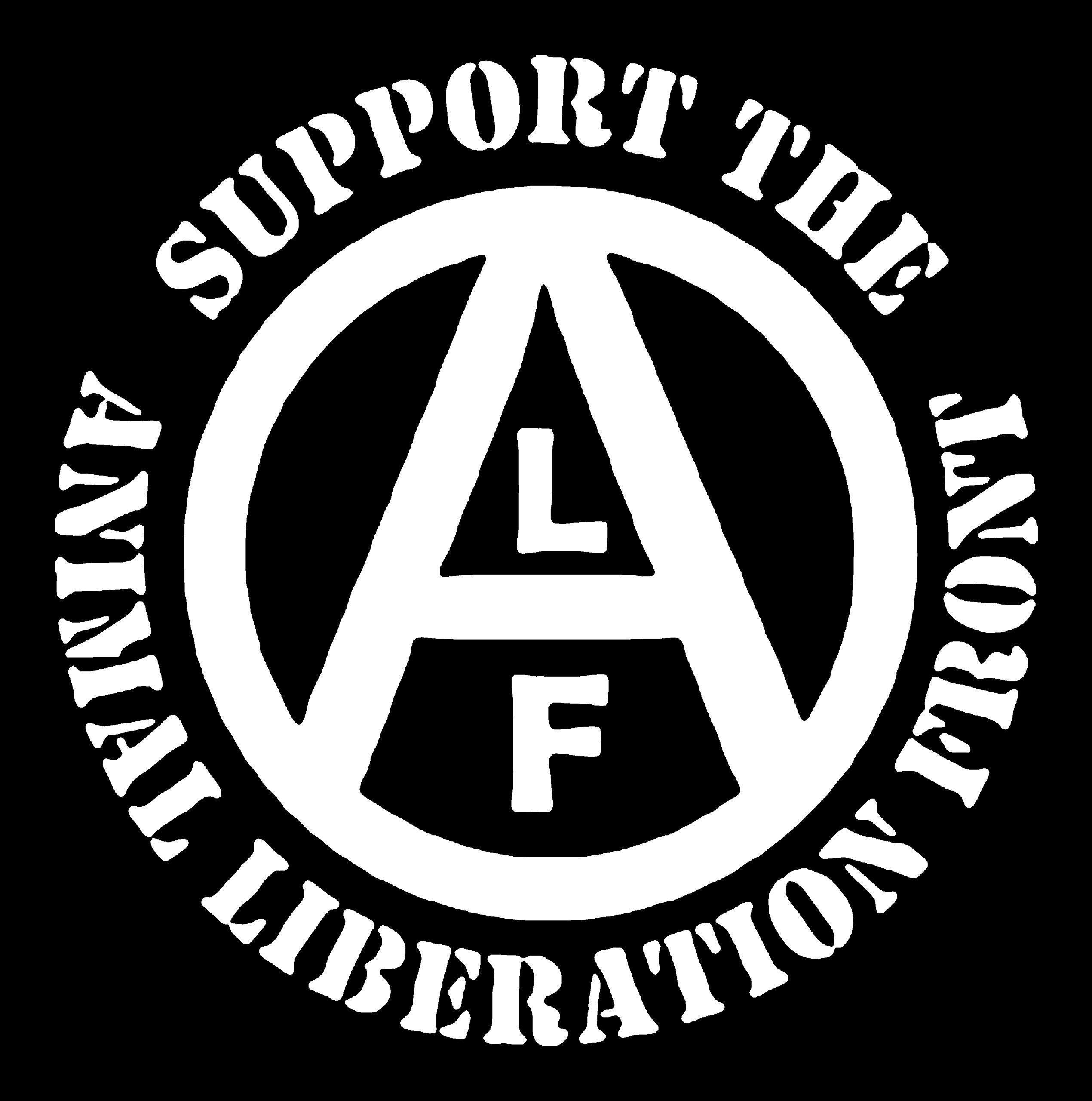vovchik_ilich [he/him]
- 1 Post
- 25 Comments

 4·3 months ago
4·3 months agoIf the power source and lightweight, you suddenly get jetpacks/flying vehicles and distances are shortened all over. 1MW would allow for BIG flying crafts, possibly going up to high layers of the atmosphere with a big payload and making the costs of satellites and space exploration much easier.
Huge cargo aircraft render sea cargo obsolete, making goods reach the other side of the planet for a negligible cost in the span of 24h, same applies to train cargo since no rail infrastructure is needed for air travel, and prices of human travel around the globe drop by an order of magnitude.
The artificial heating and illumination of vast surfaces is enabled, leading to increased exploitation of uninhabited northern territories in Canada, Russia, Greenland or Antarctica. Desalination at unprecedented scales solves droughts, allows for the greening of deserts, and immense water pumping and land expansion projects spawn in countries wanting to gain land from the sea such as Bangladesh or Netherlands. Oil countries go into irrelevance.
 2·4 months ago
2·4 months agoB to the ump to the bump bump bump amber whataboutism volcel police

 29·5 months ago
29·5 months agoOh boy this is gonna be a spicy comment section.
Essentially, the point is that Russia has no choice. The western empire has expanded eastwards and aims to control increasingly the former “Russian sphere of influence”, which used to be the eastern block for the most part. The west can do this because it has the economic and geopolitical supremacy, and can do this through so-called"soft" power, political power and economic power.
This process progressively weakens the Russian empire in favour of the western empire. This leads to a stronger western empire over time, and this is something patently bad for the entire global south and all nations suffering under the yoke of western imperialism. Fighting against the western imperialism, even by means of military struggle, is considered positive by many socialists, even if done by a reactionary nationalist force. For example Mao famously allied with the Kuomintang during the Japanese invasion, because the priority was the elimination of imperialism, followed by the revolution. Edit: this is to me the epitome of critical support: having good analysis that lets you fight side by side with an anti-imperialist force, but after dealing with imperialism being able to fight the reactionaries and win.
Furthermore, history didn’t begin in 2022. Tens of millions of Ukrainians have suffered the oppression of the west since 1990, becoming the poorest country in Europe and losing millions of lives to poverty, malnutrition, stress, unemployment, alcoholism and suicide since then. If you’re concerned about the wellbeing of Ukrainians, you should primarily be concerned with the western role in the fucking up of the entire country over the past 35 years, which arguably affected it much greater than the ongoing invasion.
 2·5 months ago
2·5 months agoAntiseptic products? More like amber septic products lmaoooo gotteeemmm
DWP? More like DVP, da volcel police roflmaooooooo
Just bumping and being a dork, I hope it doesn’t come accross as insensitive <3 we appreciate you a lot here buddy, what about whataboutism
 2·6 months ago
2·6 months agoFoot surgery? More like bump amber whataboutism volcel police, amirite? Ayooo lmaoooo gotteeem

 8·6 months ago
8·6 months agoThe vegan hotdogs at IKEA (at least in Spain) are about half the price of the meat ones, feels good

 6·7 months ago
6·7 months agoI don’t remember them fabricating a lot of stuff
Remember the spring offensive?

 2·11 months ago
2·11 months agoGot linked to this comment. Thanks for the writeup

 22·11 months ago
22·11 months agoSorry, are you implying that, out of all media, WaPo is spreading Russian propaganda?!

 4·1 year ago
4·1 year agoThing is, all western powers and their vassal states will be diametrically opposed to it. I don’t think there’s much possibility for international cooperation of workers in states while there are imperialist powers like the US or Western European states.

 5·1 year ago
5·1 year agoWhat you’re suggesting seems to me something akin to the former communist internationale? Why not straight to something that has historical evidence of working, such as the Warsaw pact?
“plants feel pain, that’s why I chose a diet that introduces extra steps on the food chain so that the animals I eat end up eating 10x as many plants as I would”

 3·1 year ago
3·1 year agoMore like scrotum master, LMAO GOTTEM
Being Spanish this is specially true. “My” traditions are of torturing a bull inside a ring in front of an audience, so FUCK those traditions.

 1·1 year ago
1·1 year agoGermany is already taking the wrong side of history.
Always has been

 0·1 year ago
0·1 year agoDude, wtf, show some respect for the people struggling
Edit: sorry, wasn’t aware of the situation with food waste in other countries

 14·1 year ago
14·1 year ago[…] is a provocation worthy of military invasion?
See, that’s an entirely different statement. Threatening to join Russia’s geopolitical rival’s military alliance while bordering Russia, is provocation. The acts in Donbas since 2014 are provocation. Is it “worthy of military invasion”? I don’t believe so. The proto-fascist Russian government is clearly not acting entirely out of pure will and self defense, and I’ll be the last to defend it since I have loved ones directly suffering under that government. But it’s important to frame things correctly, and yes, threatening to join NATO while bordering Russia is a huge provocation.
Particularly, NATO has no history of defensiveness (as far as I know it has never intervened for the defensive purposes it’s supposed to uphold), but it has a history of offensiveness. Yugoslavia and Libya can both attest to that, and extra-officially (technically not NATO interventions even if many NATO members participated one way or another), countries such as Iraq can also attest. The case of Iraq is a perfect example of what unprovoked invasion in modern times is, and we are still forced to see libs fall heads over heels for a fucking Dick Satan Cheney endorsement to Kamala “most lethal army in the world” Harris.
So, yes, when a country bordering you chooses to join a historically aggressive military alliance that openly challenges you, that’s huge provocation. And it’s important to state so when we talk about the war in Ukraine.

 27·1 year ago
27·1 year agocompletely unprovoked
considering joining NATO
Those two statements are in the same phrase… My god


You seem very sure that they’re actually better than you.
You may be experiencing a mixture of many things: insecurity about yourself which makes it seem to you like others’ work is better (changing room syndrome), bias in favour of stereotypically privileged individuals (neurotypical, business-oriented, “confident” white male)…
In my experience, most people with whom you have a conversation about work, have a degree of impostor’s syndrome, and believe they underperforming when in reality it’s not true. So first of all, consider whether that’s the case. I’m sure I’m not the first to tell you, and I know it’s hard to listen, but please make an effort.